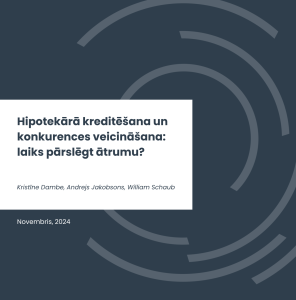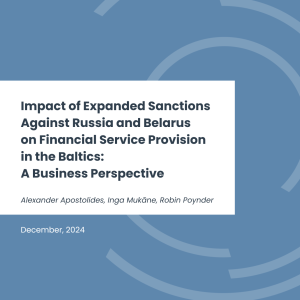We conduct policy-oriented applied and academic research to provide an independent, holistic, and pragmatic perspective on the current state, risks, and opportunities in the financial services sector. We identify key research areas through ongoing gap analysis and stakeholder engagement, focusing on issues of both local and global relevance.
We conduct policy-oriented applied and academic research to provide an independent, holistic, and pragmatic perspective on the current state, risks, and opportunities in the financial services sector. We identify key research areas through ongoing gap analysis and stakeholder engagement, focusing on issues of both local and global relevance.
Our team of experts are also regularly sharing relevant insights about education, FinTech development, regulation, and the part they play in this center. These diverse opinions, experiences, and perspectives have been instrumental in the creation and development of how we are approaching the needs of the financial services market and could be helpful to others who are passionate about this as well.
Mortgage Lending and Promoting Coopetition: Time to Shift Gears?
 The study analyzes Latvia’s and global practices in mortgage lending market design and competition promotion, aiming to foster an evidence-based discussion and propose recommendations for Latvia’s mortgage lending market development.
The study analyzes Latvia’s and global practices in mortgage lending market design and competition promotion, aiming to foster an evidence-based discussion and propose recommendations for Latvia’s mortgage lending market development.
The study is developed within the framework of EC Recovery and Resilience Mechanism Project No. 5.2.1.1.i.0/1/23/I/CFLA/001 “Strengthening Knowledge and Research Capacity in the Areas of Anti-Money Laundering, Financial Technologies, and Sector Analysis”. The study authors are BFC economists and experts Kristīne Dambe, Andrejs Jakobsons, and William Schaub.
What Should Latvia’s Next National FinTech Strategy Look Like?
 The Baltic Finance Center has published a study “What Should Latvia’s Next National FinTech Strategy Look Like?”, which examines the situation in the fintech industry in Latvia, various foreign approaches to planning the development of this field, and their success stories and failures are analyzed, as well as recommendations for the development direction of Latvia’s fintech sector are provided.
The Baltic Finance Center has published a study “What Should Latvia’s Next National FinTech Strategy Look Like?”, which examines the situation in the fintech industry in Latvia, various foreign approaches to planning the development of this field, and their success stories and failures are analyzed, as well as recommendations for the development direction of Latvia’s fintech sector are provided.
At the end of 2024, the Ministry of Finance, in cooperation with the Bank of Latvia, the Ministry of Economics, representatives of the financial sector, and other interested parties, will begin work on the development of the new Latvia’s FinTech Strategy. The study was designed to support this process with independent, evidence-based analysis.
The study was developed within the project “Knowledge and Research Capacity Strengthening of Anti-Money Laundering, Financial Sector Technology and Analysis” funded by the EC Recovery and Resilience Mechanism. The authors of the study are economists and experts of the Baltic Finance Center Madara Ambrēna, Alexander Apostolides, and Kristīne Dambe.
Impact of Expanded Sanctions Against Russia and Belarus on Financial Service Provision in the Baltics: A Business Perspective

This specialized expertise report examines the impact of the European Union’s expanded sanctions against Russia and Belarus on the availability of financial services for businesses in Estonia, Latvia, and Lithuania. The sanctions were introduced following Russia’s full-scale invasion of Ukraine in February 2022.
The study was developed within the project “Knowledge and Research Capacity Strengthening of Anti-Money Laundering, Financial Sector Technology and Analysis” funded by the EC Recovery and Resilience Mechanism. The authors of the study are economists and experts of the Baltic Finance Center Alexander Apostolides, Inga Mukāne, and Robin Poynder.


